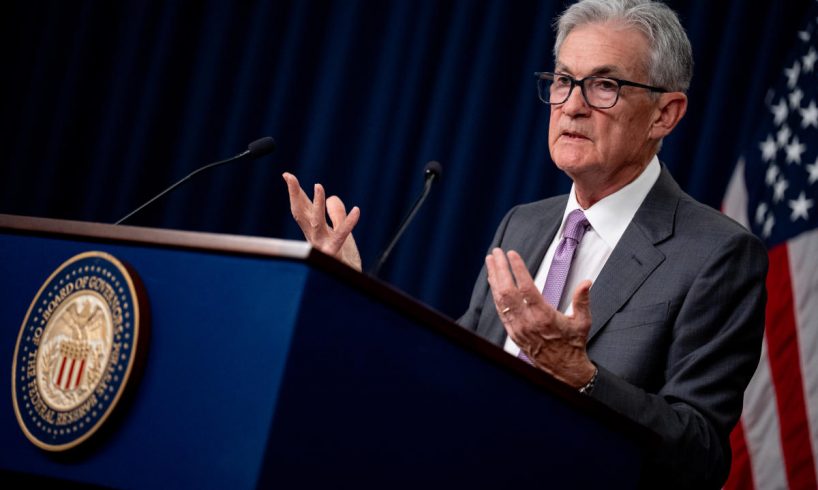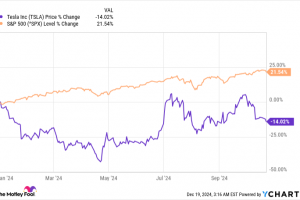
Hotter-than-expected readings on consumer prices — and on some wholesale prices — over the past two days have led markets to price in a higher likelihood that the Federal Reserve will opt for a smaller, more conservative interest rate cut at its September meeting.
A bigger reduction could send stocks reeling.
As of Thursday, investors were placing the probability of the Fed lowering rates by 50 basis points at its meeting next week at just 15%, down from the 44% chance seen a week prior, per the CME FedWatch Tool.
Some strategists have said that a 25 basis point cut would be a more welcome sign from the Federal Reserve.
Yardeni Research chief markets strategist Eric Wallerstein reasoned the Fed likely wouldn’t cut by more than 25 basis points “absent recessionary conditions or a financial crisis emerging.”
Read more: What the Fed rate decision means for bank accounts, CDs, loans, and credit cards
“For everyone who’s asking for a 50 basis point cut, I think they should really reconsider the amount of volatility that would cause in short-term funding markets,” Wallerstein told Yahoo Finance. “It’s just not something the Fed wants to risk.”
To Wallerstein’s point, while the most recent jobs report showed continued signs of slowing in the labor market, economists largely reasoned it didn’t reveal the substantial cooling that many believed would be needed to prompt a deeper cut from the Fed. The risk is that significant deterioration in the job market indicates a recession.
Meanwhile, Wednesday’s Consumer Price Index (CPI) report showed that on a “core” basis, which strips out the more volatile costs of food and gas, prices in August climbed 0.3% over the prior month, above Wall Street’s expectations for a 0.2% increase.
“The unwelcome news on inflation will distract slightly from the Fed’s renewed focus on the labor market and makes it more likely that officials stick with a more measured approach to easing, beginning with a 25 [basis point] cut next week,” Oxford Economics deputy chief US economist Michael Pearce wrote in a note to clients on Wednesday.
Federal Reserve…
..






